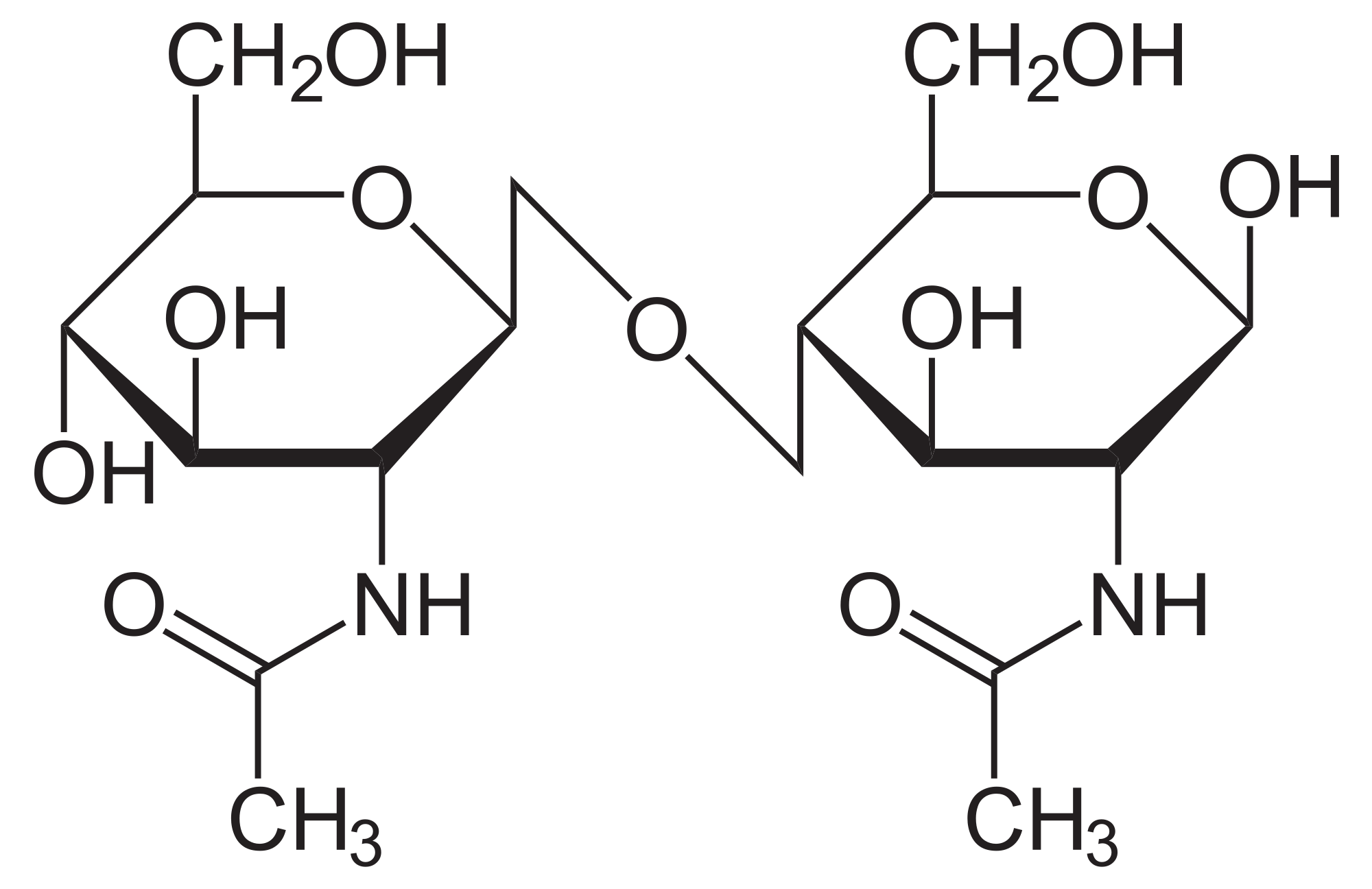Unit 2 Reflection
This unit was about the essential knowledge in chemistry. From learning about atoms to enzymes, we have learned about their functions and structures. One of the main points we touched upon was the big four macromolecules: carbohydrates, lipids, proteins, and nucleic acids. Carbohydrates are saccharides, also commonly known as sugar, that are made of rings of carbon, hydrogen, and oxygen. It's used as energy storage for producers and a main source of energy for consumers. Lipids are molecules that have fat, phospholipids, oils, waves and cholesterol. They contain chains of fatty acids, carbon and hydrogen, and are nonpolar. It's also used as energy storage, but also makes up cell membranes and used to make hormones. Protein is large molecules made of amino acids chained together. This can support the body, speed up chemical reactions, help cells communicate, and let things through the cell membrane. One type of protein is enzymes. Enzymes are amino acids chained together, which help chemical reactions happen, break molecules apart, and put molecules together. Nucleic acids are molecules that are composed of up to thousands of repeating nucleotides. Nucleotides are made of a sugar, a phosphate, and a base.

This unit was fairly short, but I had a few setbacks. The understanding of the properties of water were one of the few I had a hard time learning about. After, Mr. Orre gave a demonstration of polar and nonpolar, I finally comprehended. After the sugar lab, I had a better understanding of the carbohydrates and their functions. I think the strongest idea of chemistry for me was the factors that affect enzymes. Not only it was the last thing we learned, but the cheese lab really furthered my understanding of this concept.

I believe that I am a better student than yesterday, and the days before. These ideas can apply to my everyday life. Like the reason why we refrigerate our foods, and what I am putting in my stomach. I can be aware of the dangers of fructose and make sure I have enough proteins to function. During this unit, I also worked on my teamwork skills, which definitely improve over this learning period. The labs forced me to work with my tablemates and we worked well, trying to finish our labs.

There were many things I wish we would learn about more. The concept of nucleic acids should have had a lab of some sort, or a demonstration. I still ask; "How is adenosine triphosphate formed" and "How does ATP relate to nucleic acids?". I think that this unit was reasonable easy to understand and hope that quiz will be also reasonable easy :)


This unit was fairly short, but I had a few setbacks. The understanding of the properties of water were one of the few I had a hard time learning about. After, Mr. Orre gave a demonstration of polar and nonpolar, I finally comprehended. After the sugar lab, I had a better understanding of the carbohydrates and their functions. I think the strongest idea of chemistry for me was the factors that affect enzymes. Not only it was the last thing we learned, but the cheese lab really furthered my understanding of this concept.

I believe that I am a better student than yesterday, and the days before. These ideas can apply to my everyday life. Like the reason why we refrigerate our foods, and what I am putting in my stomach. I can be aware of the dangers of fructose and make sure I have enough proteins to function. During this unit, I also worked on my teamwork skills, which definitely improve over this learning period. The labs forced me to work with my tablemates and we worked well, trying to finish our labs.

There were many things I wish we would learn about more. The concept of nucleic acids should have had a lab of some sort, or a demonstration. I still ask; "How is adenosine triphosphate formed" and "How does ATP relate to nucleic acids?". I think that this unit was reasonable easy to understand and hope that quiz will be also reasonable easy :)


Comments
Post a Comment